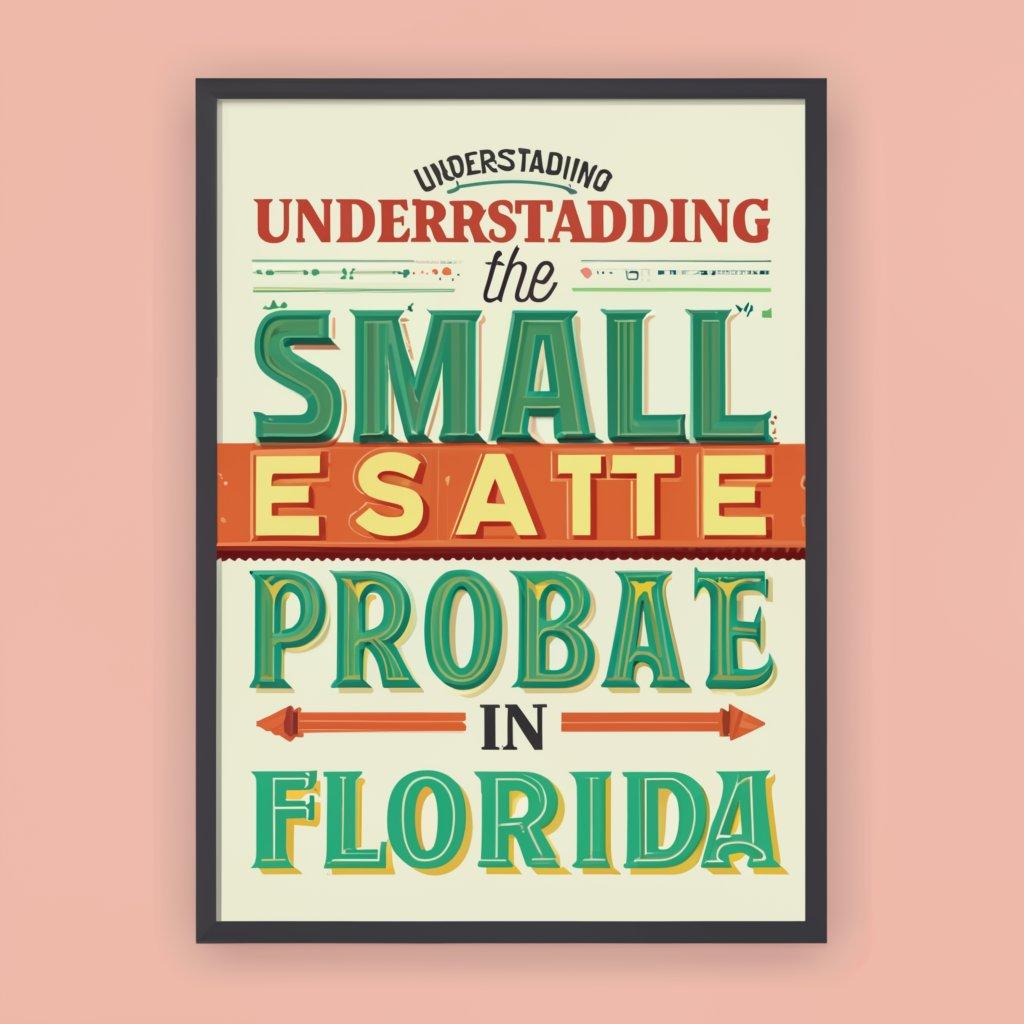Navigating the legal process of probate can be complex, especially when dealing with the loss of a loved one. In Florida, there are specific requirements for small estate probate that individuals need to be aware of. Understanding these key requirements can help streamline the probate process and ensure that the estate is handled appropriately. In this guide, we will delve into the "how," "why," "what," and "who is" of small estate probate in Florida, providing you with the essential information you need.
How Does Small Estate Probate Work in Florida?
Probate is the legal process of administering an estate after someone passes away. In Florida, small estate probate refers to a simplified probate process for estates with a total value of $75,000 or less, excluding the value of the decedent's homestead. This streamlined process is designed to be more efficient and cost-effective than formal probate proceedings.
To initiate small estate probate in Florida, the executor or personal representative of the estate must file a Petition for Administration with the local probate court. Along with the petition, they must also submit a copy of the death certificate and a list of the estate's assets and debts.
Once the petition is filed, the court will appoint a personal representative to oversee the administration of the estate. The personal representative is responsible for identifying and collecting the decedent's assets, paying debts and taxes, and distributing the remaining assets to the beneficiaries.
Why Opt for Small Estate Probate?
Choosing small estate probate in Florida can offer several benefits. Firstly, it is typically faster and less expensive than formal probate proceedings, allowing beneficiaries to receive their inheritance more quickly. Additionally, the process is simpler and requires less court oversight, making it easier for families to navigate during an already challenging time.
Another advantage of small estate probate is that it allows for the use of summary administration. This means that the personal representative can distribute the assets without having to go through the full probate process, as long as certain conditions are met.
What Are the Requirements for Small Estate Probate?
To qualify for small estate probate in Florida, the estate must meet specific criteria:
Value of the Estate: The total value of the estate must be $75,000 or less, excluding the value of the decedent's homestead.
Homestead Exemption: If the decedent owned a homestead, its value does not count towards the $75,000 limit. Florida homestead laws offer protection for primary residences, ensuring that they are passed down to heirs and protected from creditors.
No Formal Administration: The estate cannot be subject to a formal administration, meaning there is no pending or ongoing probate case.
Summary Administration: If the estate meets the above criteria, the personal representative can opt for summary administration. This streamlined process allows for the distribution of assets without the need for a full probate proceeding, provided that the decedent's will does not prohibit it and all beneficiaries agree.
Who Is Involved in Small Estate Probate?
Several parties may be involved in the small estate probate process in Florida:
Personal Representative: The personal representative is appointed by the court to administer the estate. They are responsible for managing the estate's assets, paying debts and taxes, and distributing the remaining assets to the beneficiaries.
Beneficiaries: Beneficiaries are individuals or entities named in the decedent's will who are entitled to receive a portion of the estate. They have a vested interest in the probate process and may need to provide consent for summary administration.
Creditors: Creditors are individuals or entities to whom the decedent owed money at the time of their death. They must be notified of the probate proceedings and given an opportunity to make a claim against the estate.
Probate Court: The probate court oversees the small estate probate process, ensuring that all legal requirements are met and that the estate is administered properly.
Conclusion
understanding the key requirements for small estate probate in Florida is essential for anyone tasked with administering an estate or expecting to inherit assets. buy my interest knowing the small estate probate, you can navigate the process more effectively and ensure that the estate is handled in accordance with Florida law.
We understand that dealing with probate can be overwhelming. That's why we're here to help. Whether you're looking to sell your interest in an estate or need assistance with the probate process, our team of experienced professionals is ready to guide you every step of the way. Contact us today to learn more about how we can assist you with small estate probate in Florida.

